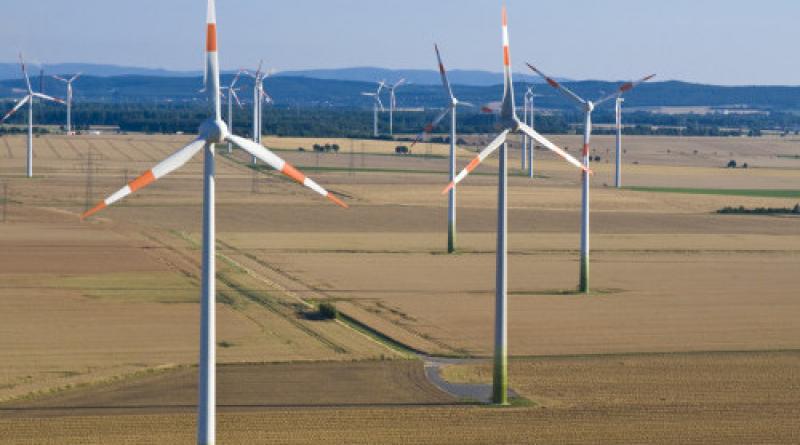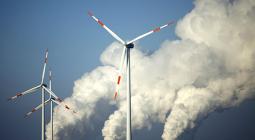Οι ΑΠΕ ξεπέρασαν για πρώτη φορά τον άνθρακα στη Γερμανία, καλύπτοντας το 2018 το 40.4% της ζήτησης ηλεκτρισμού.

Renewables Exceed 40% of German Power Supply, Outpace Coal for the First Time.
Renewable energy supplied 40.4% of Germany’s electricity last year, exceeding the output from coal for the first time, according to a report released last week by applied science researchers at the Munich-based Fraunhofer Society.
“Output of solar, wind, biomass, and hydroelectric generation units rose 4.3% last year to produce 219 terawatt hours (TWh) of electricity,” Reuters reports. “That was out of a total national power production of 542 TWh derived from both green and fossil fuels, of which coal burning accounted for 38%.”
The milestone “marks progress as Europe’s biggest economy aims for renewables to provide 65% of its energy by 2030,” the news agency adds, while abandoning nuclear generation by 2022 and planning for an orderly coal phaseout.
Critics of the country’s green power plans “say that output merely reflects favourable weather patterns and does not prove the sector’s contribution to secure energy supplies,” Reuters notes. But report author Bruno Burger said renewables will stay above the 40% threshold again this year, noting that “more renewable installations are being built and weather patterns will not change that dramatically”.
Fraunhofer cited wind as the country’s biggest electricity source after domestically-mined brown coal, at 111 TWh, accounting for 20.4% of Germany power output. Solar generation increased 16% last year, to 45.7 TWh, due to a long-hot summer and a 3.5-gigawatt boost in installed capacity.
“Hydropower only accounted for 3.2% of power production at 17 TWh, as extreme summer heat dried out rivers and was accompanied by low rainfall,” Reuters states. Biomass contributed 8.3%, gas-to-power plants 7.4%, nuclear 13.3%, and imported hard coal 13.9%. Fraunhofer said Germany exported 45.6 TWh of electricity last year, most of it to The Netherlands.
Full Story: Reuters @Reuters

January 6, 2019
Primary Author Vera Eckert @EckertVera





